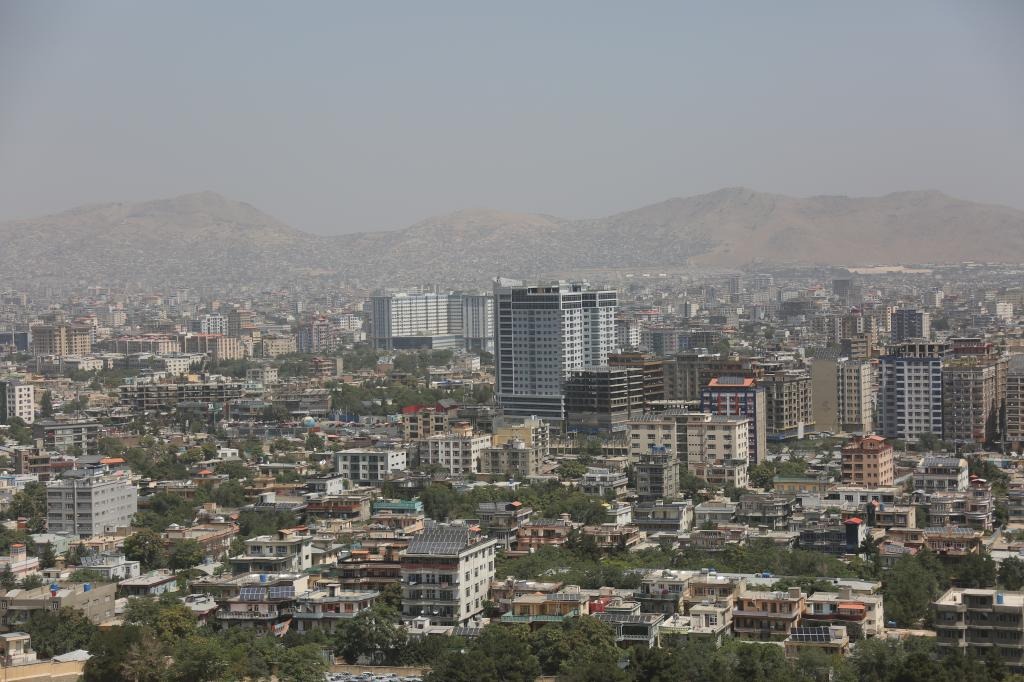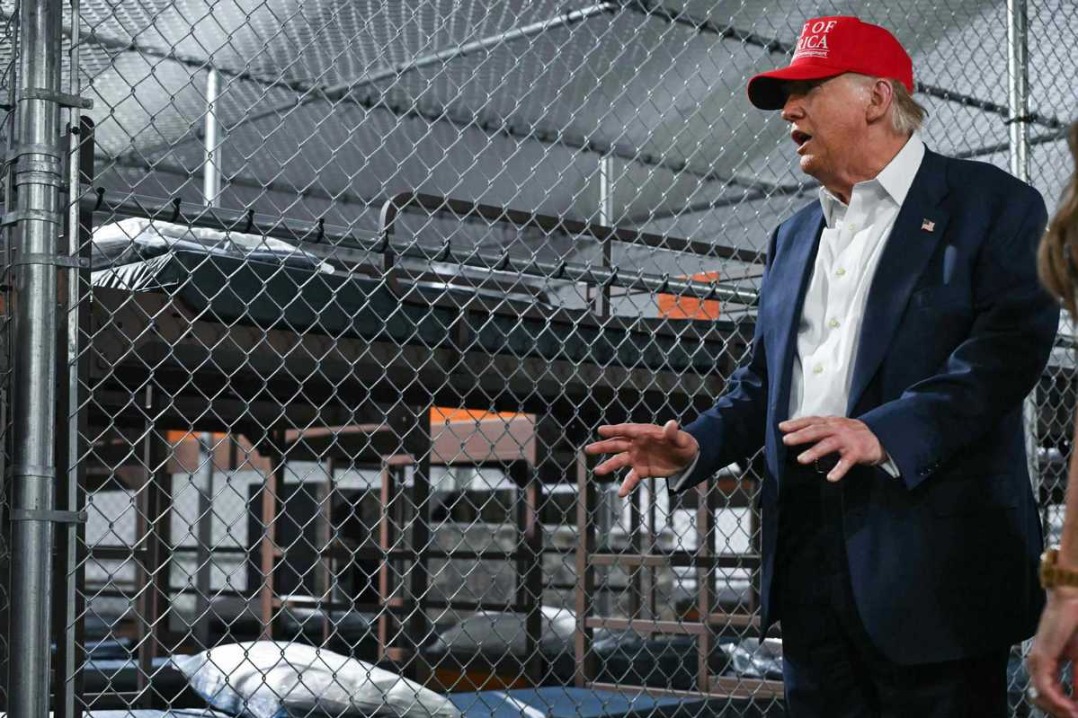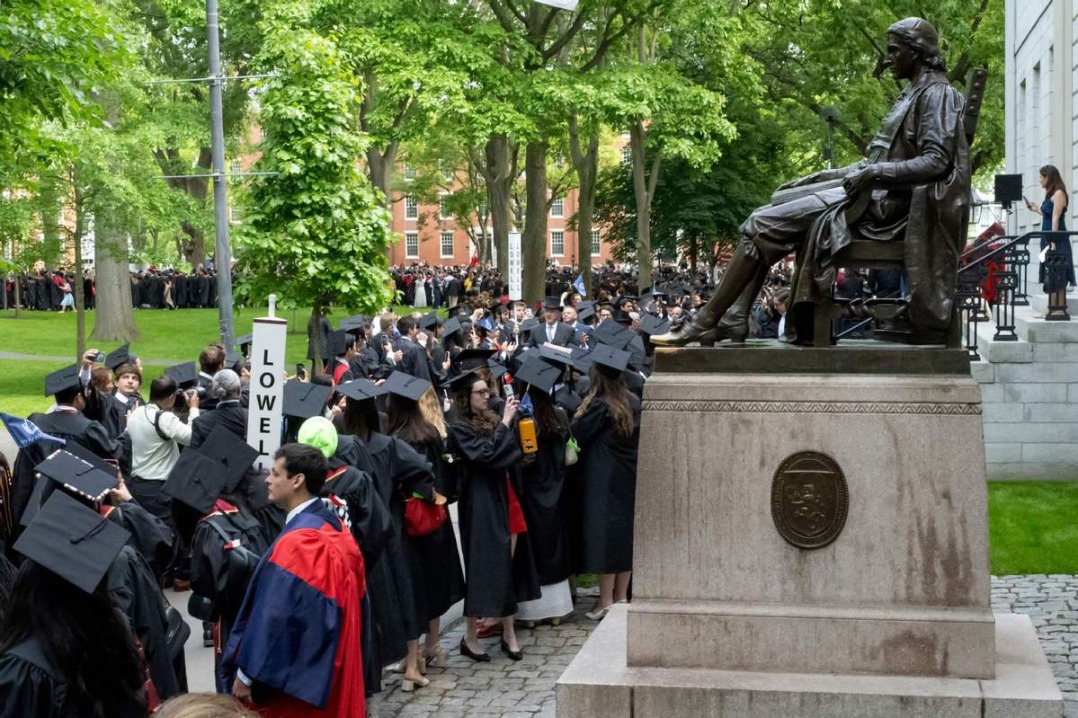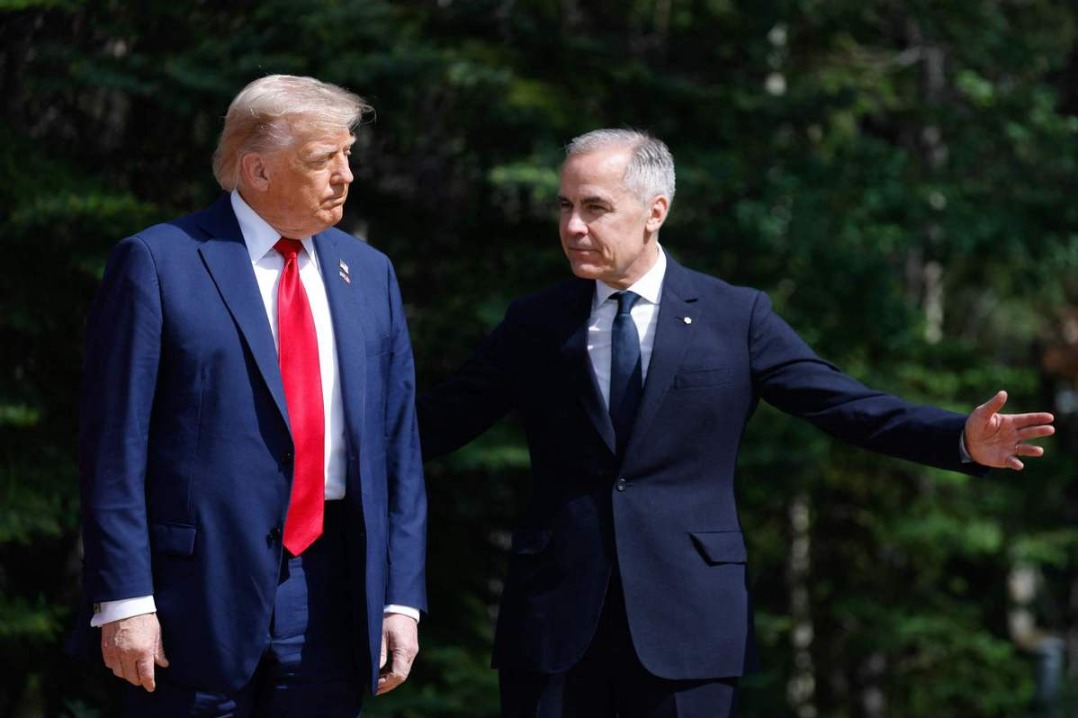More Kenyan schools to join China-UNESCO coding program as phase 2 launches

More Kenyan's primary and junior secondary schools are set to take part in a global youth coding and artificial intelligence or AI program, following the launch of the second phase supported by Codemao — a Chinese online education platform that helps children and teenagers learn programming through visual tools and gamified content — in partnership with the United Nations Educational, Scientific and Cultural Organization or UNESCO.
The launch event marked the beginning of the initiative's second phase, which will run from 2025 to 2030 with the program set to introduce more Kenyan young learners and teachers to the basics of coding, AI, and digital creativity with an aim to enhance digital literacy among learners across the country.
Since its rollout in 2022, the first phase of the program in Kenya trained over 200 teachers and involved more than 500 students from various schools, and they received devices and hands-on training in various aspects of coding and AI, culminating in the award of certificates of recognition. Phase two will expand access to even more schools, with a focus on reaching learners in underserved areas and strengthening teacher training.
"We're seeing real interest from schools and students," said Julius Bitok, Kenya's Principal Secretary for basic education. "This program supports our competency-based curriculum by helping students not just to use technology, but to understand and shape it."
Bitok added that Kenya is the first country in Africa to launch the second phase of the UNESCO-Codemao coding initiative for youth, as part of its efforts to build a digital, interconnected and inclusive future.
Activities planned for the second phase include online training and mentorship designed to strengthen the coding and AI capabilities of students and teachers.
At the heart of the program are students like Gadiel Korir, a grade 9 student at St. George's primary and junior secondary school in Nairobi, Kenya. Gadiel became interested in coding after watching his cousin work in cybersecurity. Now, he's learning to do coding and create basic programs.
"It made me curious," Gadiel said. "I wanted to understand how computers solve problems. I want to learn more about AI," he added. "It's growing so fast—sometimes you can't even tell if an image is real or fake. This trip is a big step toward my dream of working in cybersecurity." He is one of four students selected to travel to Shenzhen, China from July 10 to 17 for a week-long exchange that includes visits to AI and robotics labs, interaction with Chinese students, and cultural activities.
Codemao founder and chief executive officer Li Tianchi said that the organization is committed to supporting Kenya's digital transformation by investing in infrastructure, training, mentorship, and exposing young learners to cutting-edge technologies.
He said the collaboration with Kenya reflects a long-term vision of making digital skills more accessible globally. "We want to connect students and teachers with resources that prepare them for the future," Li said. "This is about building opportunities together. We believe every child, regardless of background, deserves access to future-ready skills. Our partnership with Kenya and UNESCO reflects our long-term commitment to inclusive global education."
UNESCO said the initiative supports broader goals of sustainable information technology education and international cooperation. Tao Zhan, director of the UNESCO institute for information technologies in education, praised Kenya for leading in digital learning on the continent and affirmed the agency's commitment to the program through 2030.
































